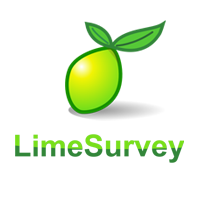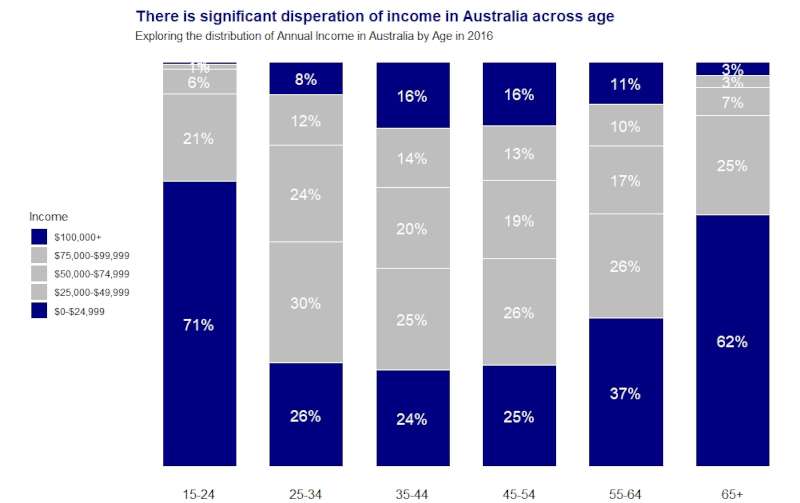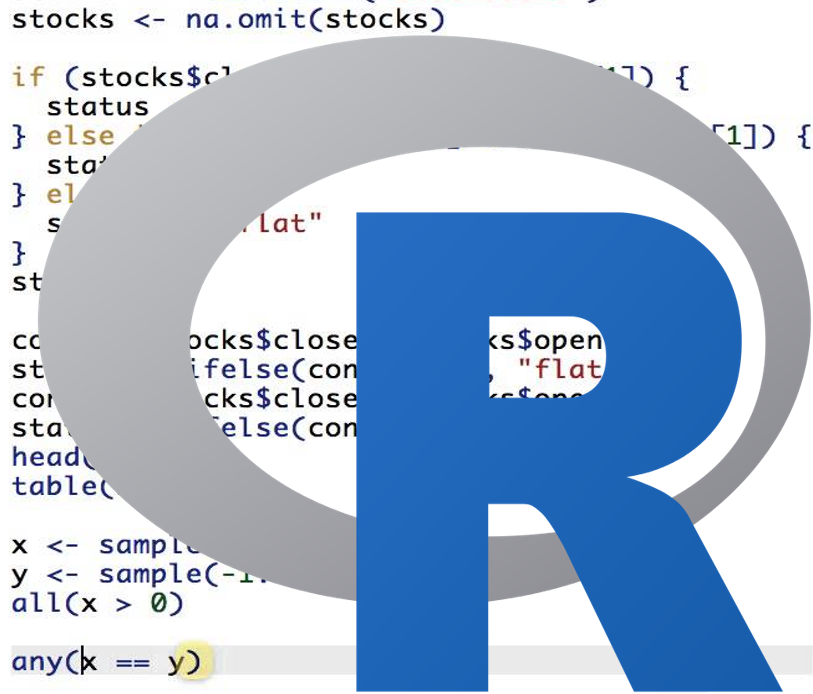We now have our 2021 Winter Program, master classes and workshops up on our website and ready for enrolments. You can visit our website and enrol in classes scheduled from March to October. We will be adding more short courses throughout the year.
Considering the potential for travel and gathering restrictions, our 2021 Online Winter Program & short courses will be offered 'live' online using Zoom. A reminder that courses will be capped at 12 people, so enrol now to secure a place and take advantage of the early-bird enrolment rate.
If you ever need to speak to us or are after more information, please call 03 8376 6496 or you can email us at info@acspri.org.au.
Gordana
Winter 2021 - June 28 to July 16, 2021
June 28- July 2
Foundations of Qualitative Methodologies, Data Collection and Analysis Online (3-Day)
Fundamentals of Statistics: Online
Introduction to Social Network Research and Analysis: Online
Fundamentals of Program Evaluation in Public Policy: Online
Applied Longitudinal Data Analysis: Online
Applied Structural Equation Modelling: Online
July 5-9
Applied Computer-assisted Qualitative Data Analysis using Nvivo: Online
Applied Statistical Procedures: Online
Data Analysis in R: Online
Data Analysis Using Stata: Online
Qualitative Research: Design, Analysis and Representation: Online
Big Data Analysis for Social Scientists : Online - 3 Day
Multi-level Analysis using Mplus: Online
July 12-16
Introduction to Qualitative Research: Online
Fundamentals of Structural Equation Modelling: Online
2021 online Master-classes and Workshops

Questionnaire Design: Online April 15-16
A two day workshop focusing on building hard copy or internet surveys to meet a variety of needs. Topics include uses of surveys, constructing survey questions that are clear and unbiased, the need to match attitudinal or behavioural data collection with the purpose of the survey, and combining objective and open-ended questioning in order to enhance the usability of results.
NVivo Essentials: Online April 22-23
This workshop is aimed at providing researchers with essential skills in using NVivo software. Those choosing to enrol in this course will be working on or about to embark on a research project. The course assumes no prior skills with using NVivo, however will cater for all levels of participants, from novice to advanced users. The focus is on developing the essentials skills from NVivo through hands-on experience.

Creating and Managing Web surveys using LimeSurvey: Online April 28
LimeSurvey is a powerful web based survey tool . This course will introduce you to the LimeSurvey administrative interface, show you how to set up, conduct and export your data for a web based survey. You will cover methods for inviting and managing participants, managing and monitoring ongoing surveys and exporting data to multiple statistical packages.
NVivo for a Literature Review: Online (1-day)
NVivo can be a powerful tool to help you conduct your literature review in an effective and efficient way. This 1-day master-class introduces NVivo, and takes researchers through the process of sorting and organise literature and notes from readings in a systematic way. By the end of the workshop attendees will have a basic understanding on how to use and get the most out of their literature use NVivo

Structural Equation Modelling using Stata: Online May 7-8 (Fri-Sat)
A foundation for those of you wanting to use SEM to explore and test complex relationships. This 2-day master-class is designed for participants with an introductory-level understanding of the statistical methods of regression analysis and exploratory factor analysis. You will experience hands-on SEM examples and build your own Stata SEM models.
Collecting, Managing and Analysing Qualitative INTERVIEW Data: Online May 10-11
A practical course, enabling participants to understand the preparatory requirements for both individual and group qualitative interviewing as well as to become proficient in qualitative question design. Experience in both types of qualitative interviewing will be provided as well as practise in undertaking analyses of these types of data.

Applied Qualitative Interviewing Methods: Online May 18
A hands-on advanced qualitative interviewing workshop where you will have the opportunity to reflect on your data collection, revise the way you frame your questions, redesign your interview protocol, and practise interview behaviours through role-played mock interviews, allowing you to critically review any interview protocol and elicit deep, meaningful data from your participants.
Spatial Analysis in R: Online August 16-17 (NEW course)
Designed for applied users of R who want to take their spatial analysis to a higher level, this master-class will show you how to access spatial data from a number of sources, match this with geographic shape files, analyse spatial patterns, link these data to information from surveys, and create interactive maps to highlight important findings.

Storytelling with Data Visualisation: Online September 20-21
Studies have shown that readers will only spend 3 to 8 seconds looking at each plot in a report before deciding whether to invest more time examining that plot or to move on to the next part of the report. This workshop has two objectives – to teach the design principles required to make plots that really stand out for the reader, and to teach the practical skills required to create these plots within R.
Qualitative Research: Doing Constructionist Data Analysis: Online October 4-7*
This master-class offers lectures and data workshops covering the latest approaches to key areas of qualitative research:
• Improving the quality of interview data analysis;
• Finding sequences in your data;
• Documents and digital data as social constructions;
• Theorising with qualitative data.
*Please note this will be an evening course running from 7pm to 9.30pm as Prof David Silverman is in the UK.

Foundations of R for Research: Online October 15-16
A step by step interactive introduction for people with no experience with R and RStudio.
Notes and exercises will cover a variety of data sets which you will work on during lectures and individually. The course content is particularly suited for those involved in research in the business, education, social and health sciences.
Trends, Challenges and the Art of Survey Writing for the Public Sector, NFP and Industry Research: Online October 25-26 (NEW Course)
Taught by instructors with real-world experience as campaign consultants, survey researchers and data scientists, this masterclass will focus on teaching you about survey design. You will be shown how political survey research works, and sometimes doesn’t, how technology and social trends are changing survey research, and the best ways to write effective survey questions.
Gordana Bacic
Membership Services, Marketing and Events Coordinator
Australian Consortium for Social and Political Research Inc.
+61 3 8376 6496
http://www.acspri.org.au/
